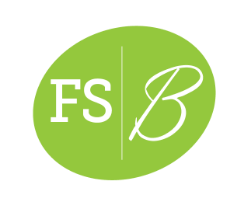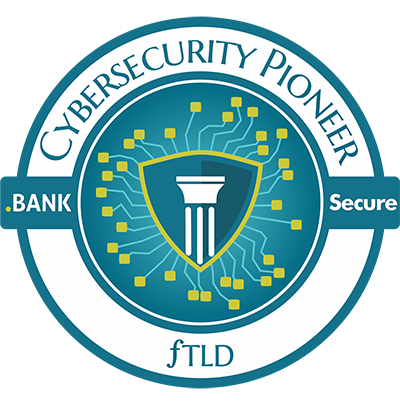ONLY SHOP THROUGH TRUSTED SOURCES
Think about how you’re searching online. Are you searching from home, on public Wi-Fi? How are you finding the deals? Are you clicking on links in emails? Going to trusted vendors? Clicking on ads on webpages? You wouldn’t go into a store with boarded up windows and without signage, the same rules apply online. If it looks suspicious, something’s probably not right.
Before providing any personal or financial information, make sure that you are interacting with a reputable, established vendor.
Some attackers may try to trick you by creating malicious websites that appear to be legitimate. Always verify the legitimacy before supplying any information. If you’ve never heard of it before, check twice before handing over your information.
Don’t connect to unsecure public Wi-Fi, especially to do your banking or shopping.
Most of us receive emails from retailers about special offers during the holidays. Cyber criminals will often send phishing emails—designed to look like they’re from retailers—that have malicious links or that ask for you to input your personal or financial information.
Don’t click links or download attachments unless you’re confident of where they came from. If you’re unsure if an email is legitimate, type the URL of the retailer or other company into your web browser as opposed to clicking the link.
Never provide your password, or personal or financial information in response to an unsolicited email. Legitimate businesses will not email you asking for this information.
Make sure your information is being encrypted. Many sites use secure sockets layer (SSL) to encrypt information. Indications that your information will be encrypted include a URL that begins with “https:” instead of “http:” and a padlock icon. If the padlock is closed, the information is encrypted.




